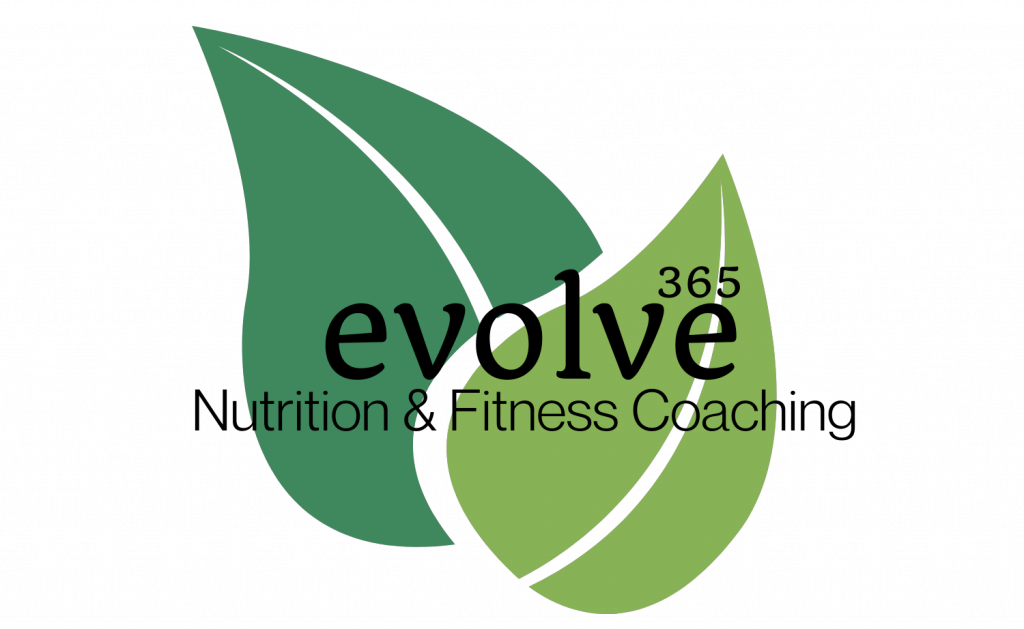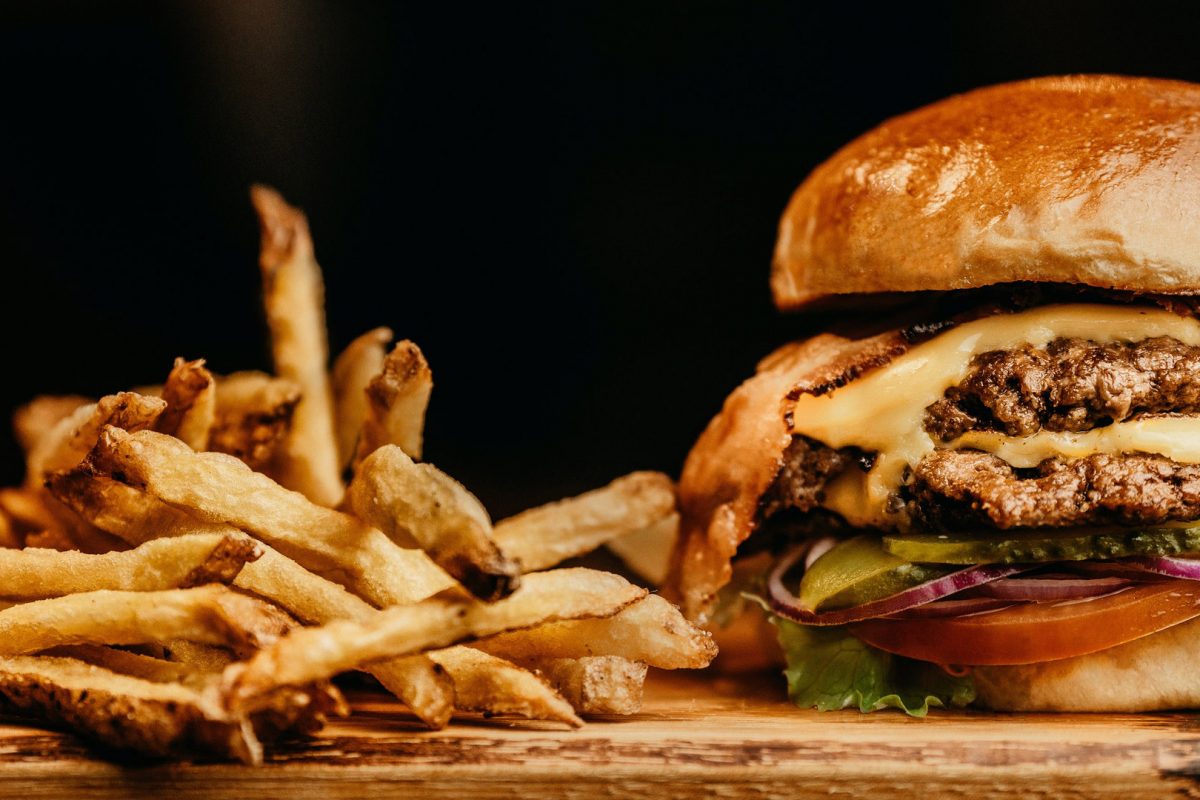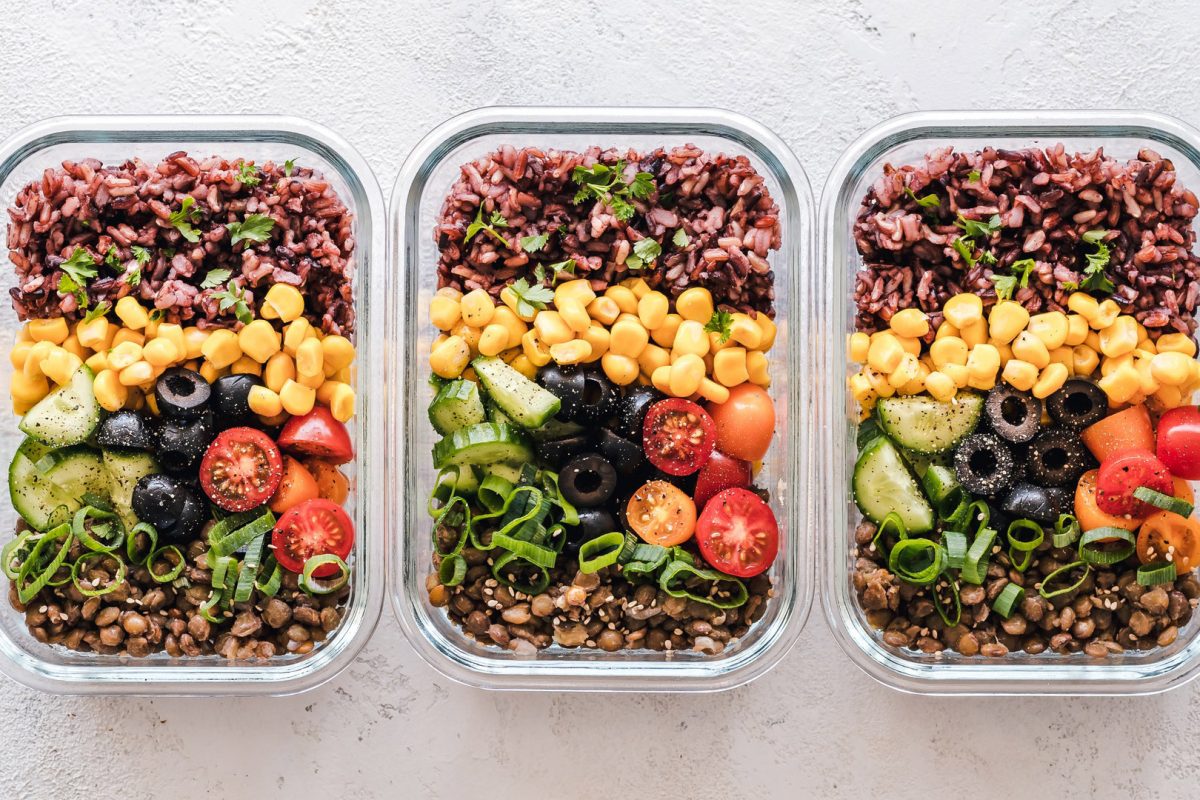Obesity
One of the goals of the National Institutes of Health is to reduce obesity among adults by more than half by the year 2025. However, current data suggests that the situation is getting worse. Due to rising rates of childhood obesity, life expectancy for the average American could decrease by two to five years over the next few decades unless major efforts are made to slow down the rising rates of obesity.
What’s more, obesity is a risk factor for heart disease and other serious health complications:
* Obesity is a risk factor for type 2 diabetes, high blood pressure and high cholesterol. Having these disorders at the same time is a condition called metabolic syndrome, which can lead to an increased risk for heart disease and kidney disease.
* High blood pressure, a risk factor for heart disease, is twice as common in obese adults than in those who are at a healthy weight.
* Obesity can also lead to arthritis, which is caused by stress on your joints.
Obesity, high cholesterol and high blood pressure are a common grouping of risk factors for people with heart disease. Managing all these risk factors will help reduce the risk of heart attack and stroke.
What You Can Do Today? Why am I telling you all of this?!
Being overweight or obese together represent the number-two preventable cause of death in the U.S. after smoking. There are many things you can do to get your weight under control and to help manage your risk for heart disease:
* Develop a diet and exercise plan that you feel is realistic and something you can maintain ( I can help you with this!)
* Talk to your doctor about medicines that may help control your risk factors for heart disease. If you are prescribed medicines, take them exactly as directed and for as long as your doctor recommends. You have probably heard “Let food be thy medicine, and let medicine be thy food.” It is possible in most cases to recover and get your diabetes, cholesterol, and blood pressure under control with eating the right way!
* Resolve to make this year a healthier one-set a weight-loss goal and stick with it.
Zach Schott, Director of Coaching for Fast Weight Loss 365



